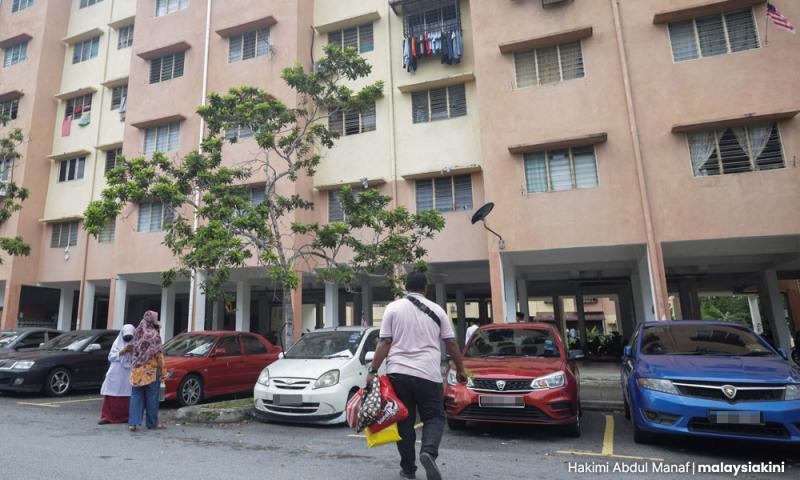LETTER | OPR hike: Bank Negara's treatment of poor appalling
LETTER | Bank Negara’s (BNM) decision to up the overnight policy rate (OPR) by 25 basis points is based on its assessment of the country’s macroeconomic outlook.
It is concerned that a loose monetary policy encouraging excessive risk-taking is unsustainable, and rightly so.
The issue though is that BNM, as the country’s central bank, should implement policies based on the needs and good of all segments of society.
There is no argument that excessive risk-taking should be curbed, as cheap borrowing rates encourage speculative behaviour which in the long run comes back to bite the economy hard.
The B40 community in the country are no speculators or risk-takers, as they are in no position to invest or save. Prime Minister Anwar Ibrahim should be commended for stating on numerous occasions that the poor are facing an acute cost of living crisis, where previous governments ignored this fact.
Tactical initiatives of various sorts are being put in place by the government to alleviate the suffering of the poor, whilst an overall strategy is being set out based on the aspirations of Malaysia Madani.
BNM though has failed to look at matters holistically, and instead focused on things in the aggregate. The problem with aggregated policy and decision-making, especially within the economic sphere, is that it tends to ignore the needs of some sectors of society.
In this instance, the effect of the OPR increase is that borrowings become more expensive. How does that impact the poor who are having trouble putting food on the table, having a roof over their heads, and sending their children to school?
BNM should be instituting a policy which does not allow banks to increase the interest rates for the B40. A means-based test should be adopted in this regard. This cannot be too difficult to implement.
BNM cannot act in isolation and must be in line with the overall economic strategy of the government. The left hand must know what the right hand is doing and vice versa. Policy making from top to bottom of the government hierarchy should be coherent.
The writer is an international labour adviser for the Social Protection Contributors’ Advisory Association Malaysia (SPCAAM).
The views expressed here are those of the author/contributor and do not necessarily represent the views of Malaysiakini.
RM12.50 / month
- Unlimited access to award-winning journalism
- Comment and share your opinions on all our articles
- Gift interesting stories to your friends
- Tax deductable
